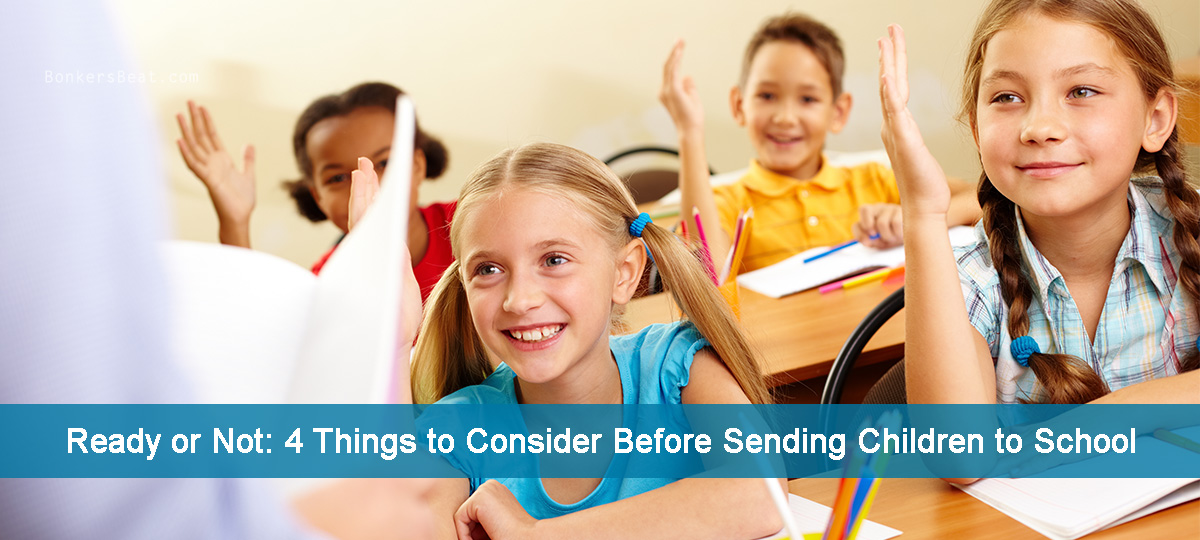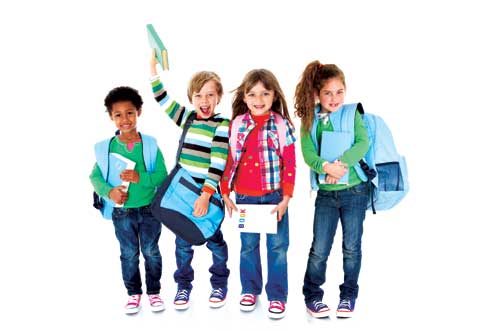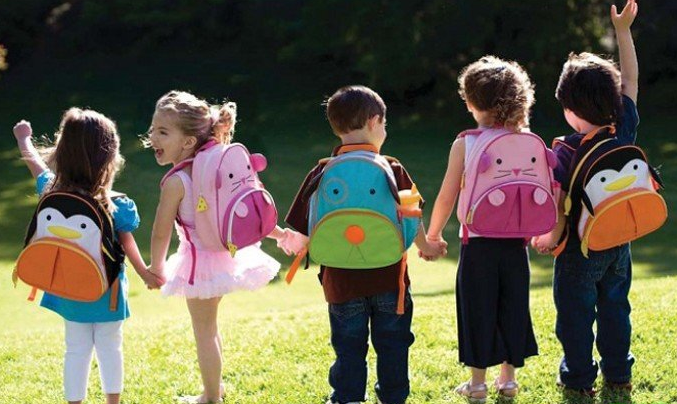At this time of year many parents of pre-schoolers are wondering “Is my child ready for primary school?”. It’s important to remember that there are so many thing to consider before sending children to school
The end of the year is nearly here and school enrolments are in full swing. Before you enrol a child, be 100% sure that it’s the right time for them to start.
Early childhood educators are usually equipped to know whether it’s the right time for your child to progress to formal education. Parents, you should always feel free to ask your child’s educator about their opinion on the matter.
If you’re a parent who isn’t sure, or you’re an educator who could use a refresher on school readiness, have a read of our 4 Things to Consider about School Readiness.
1. School readiness is more than age
Of course a child’s age comes in to play when deciding if they are ready for school, but there are so many other factors to consider.
Personality can dictate whether a child is suited to started school sooner or later, as well as their skills – this includes physical, social and emotional ability.
There are many checklists available online, like this one from renowned early childhood expert Kathy Walker. Kathy’s Early Life Foundations fact sheet on the topic talks about 7 key areas to consider whether children are ready for school, including:
-Separate easily from parent / carer at preschool drop off
-Self initiate, engage and sustain engagement (6 – 8 minutes), have the skills to solve basic problems and ask for help from the educator if needed
-Have basic independence skills (able to put shoes and socks on, art smock on, toileting independently)
-Self regulate their emotional response when they need to do something they don’t want to (eg don’t tantrum when it is time to pack up).
2. Do the research
Research has made it very clear that there are many benefits to starting school that little bit later (while there are no benefits to starting earlier). Read our previous blog on this subject here.
Australia has some of the youngest school entry in the developed world, so there’s no rush. Early childhood educators should be equipped to guide parents in making the right decision that is best for each individual child and their future.
3. Know the legal requirements in your region
Many parents are confused about what age is the right age for their children to begin formal schooling in a primary school setting and it’s not surprising as the age requirements vary quite a lot across each state of Australia. Currently the law in each state is as follows (via Kidspot):
VIC: Children must be five by 30 April to begin the school year.
ACT: Children must be five by 30 April to begin the school year.
NSW: Children can begin compulsory Kindergarten at the beginning of the school year if they turn five on or before 31 July in that year.
NT: School is compulsory from the age of six. Children can enter non-compulsory Transition at the start of the school year if they turn five by 30 June that year. To enter Year 1 (compulsory) children must turn six before 30 June in the year they are enrolled.
QLD: Queensland offers a year of Prep for children who turn five by 30 June in the year they are enrolled. Prep is not compulsory so compulsory schooling begins with Year 1 when children must be enrolled in the year they will turn six by 30 June.
SA: Children must enroll at school by six years. If your child turns five before 1 May they will start school on the first day of term one in that year. If they turn five on or after 1 May, they will start school on the first day of term one the following year.
TAS: Children must be five by 1 January to be enrolled in Prep, the first year of school. In Tasmania you may enrol your child in non-compulsory Kindergarten if your child turns four on or before 1 January of the year they start.
WA: Schooling is compulsory from the beginning of the year a child turns six years and six months of age. Children must be five by 30 June in the same year to attend the first year of school and it’s now compulsory for children in WA to enrol in Kindergarten or Pre-Primary programs.
4. Don’t rush it
There are so many things to consider before sending children to school, so don’t rush it. The argument that some children are moved into school because they are bored at pre-school is one that may unfortunately be valid at times, depending on the pre-school children are attending.
This is one of the reasons why we are so passionate about ensuring that kinder programs are able to attain the delicate balance of structured and somewhat challenging learning and school readiness initiatives along with free play at this crucial time before children enter formal education.
Make sure children are in a program that is stimulating and creates an exciting pre-school experience. This can go a long way toward preventing young children from starting formal schooling before they are emotionally and socially ready. And that means a better chance of laying the foundation for a lifelong love of learning.



